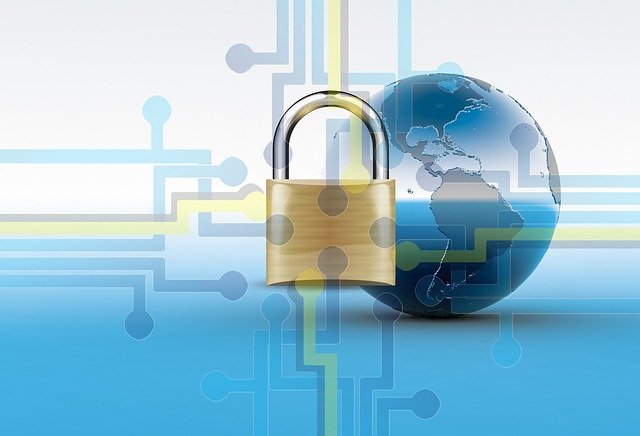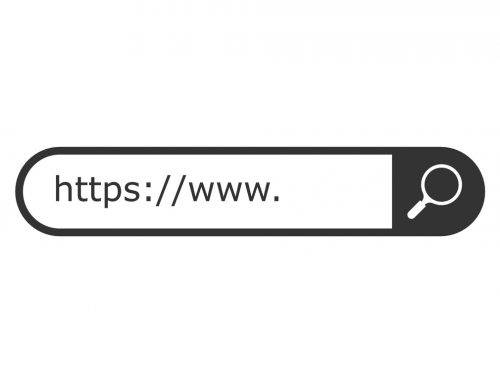
Your website is your calling card to the world. For many prospects, it will form their all-important first impression of your business. And we all know how many times you get to make one of those. They need to be able to trust in your website, and in your brand. They need to know that you can be trusted with their data, especially sensitive data like their names, passwords, contact details or credit card data. But how can you give them the reassurance they crave?
For starters, your website must have an SSL Certificate. Here we’ll explain why this tiny little data file can make such a huge difference to how your business is perceived by prospective clients and search engines alike…
What is an SSL Certificate?
An SSL Certificate is a small data file that binds a cryptographic key to your business details. Specifically your business name and location as well as your domain name, hostname and server.
When you have an SSL Certificate, web browsers will display a little padlock next to your URL to denote that your website is secure. And while your customers and prospects may not know what an SSL Certificate is, you’d better believe they’ll be looking for that little padlock. Especially if they’re considering making a transaction through your website. As of August 2020 most browsers will no longer display the padlock on the URL window. Nonetheless, most web users are savvy enough to look for the “https” prefix at the start of the URL rather than the unsecured “http”.
An SSL is no longer considered a novelty. In 2020, it’s a necessity. Here’s why…
It legitimises your business website
While ecommerce transactions are commonplace in 2020, consumers are (quite rightly) discerning about who they entrust with their personal data. Especially credit card data. An SSL certificate shows consumers that your website is legitimate and that your website is in fact your website rather than a phishing clone. An SSL Certificate needs to be validated by a third-person Certificate Authority, that verifies your identity and that of your organisation.
It inspires trust
At the very least, an SSL Certificate demonstrates that you take your customers’ data seriously. An SSL Certificate protects all kinds of data, including sensitive data like customers’ names, addresses, credit card numbers, passwords etc. The presence of an SSL Certificate demonstrates to prospective customers that they can visit and shop with complete peace of mind.
Search engines consider it mandatory
There was a time when an SSL Certificate was good news for SEO. Today, however, you simply can’t hope to gain visibility over your competitors if you don’t have one. As of 2018, Google has begun flagging websites that do not have SSL Certificates in its efforts to keep users safe. As such, not having a certificate can prove a fatal SEO mistake that sees you relegated to obscurity in local search results. The inevitable consequence of this is that you will lose prospects to your competitors.
It keeps your website compliant
Finally, in this increasingly cybersecurity-conscious age, compliance is essential in maintaining your company’s reputation. Especially if you use your website to facilitate ecommerce. An SSL is one of 12 requirements that you will need to fulfill to become Payment Card Industry (PCI) compliant. A breach of compliance could prove a damaging black eye to your company’s online reputation.
We can take the hassle and the headaches out of acquiring an SSL Certificate, designing a website that is secure and compliant, inspiring confidence in all who visit it.
If you’re looking for web design in Hobart, Click Here to get in touch with us today.







Leave A Comment
You must be logged in to post a comment.